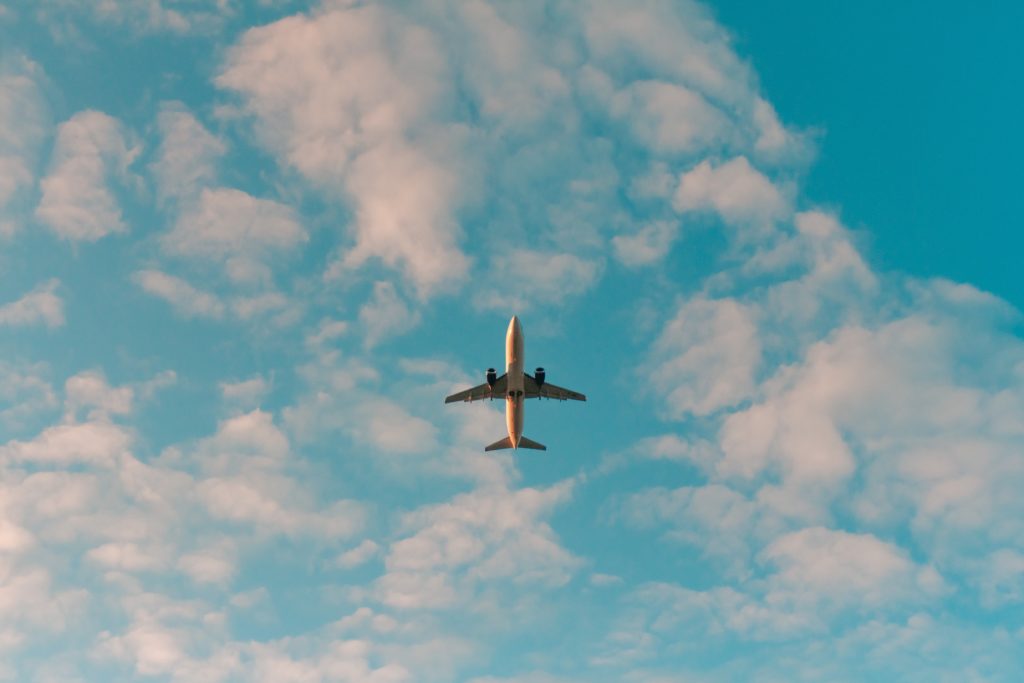 It’s the start of 2021, and we get to usher in the new year with some interesting news from the aviation industry. Flying has long since been criticized for being one of the leading producers of annual carbon emissions. Aviation was, in fact, responsible for 2.4% of worldwide carbon emissions in 2018. This essentially means that if the industry was a country, it would be the 7th largest emitter in the world.
It’s the start of 2021, and we get to usher in the new year with some interesting news from the aviation industry. Flying has long since been criticized for being one of the leading producers of annual carbon emissions. Aviation was, in fact, responsible for 2.4% of worldwide carbon emissions in 2018. This essentially means that if the industry was a country, it would be the 7th largest emitter in the world.
Many people stopped flying due to the pandemic, which meant fewer flights are polluting the air. However, whether we get the coronavirus under control or the airlines come up with a solution to safer flying, the industry will soon be trying to increase the volume of flights again. In recent years, some airlines have been attempting to become more environmentally friendly. For example, Jet Blue went completely carbon neutral last year. However, Jet Blue and other airlines with similar goals have done so by purchasing carbon offset credits.
Carbon offset programs work by allowing companies and individuals to invest in other companies (usually nonprofits) to extract or recycle the carbon from the atmosphere. This is generally done because the said individual or business cannot afford to do so themselves and feels like they don’t have the option to reduce or stop the activity that is causing the emissions. The Washington Post described these programs as “the dietary supplements of the climate world.” Rather than fixing the problem at the root cause, more carbon is emitted, and these brands just pay to have an equal amount of carbon captured and stored underground. Rather than reducing the emissions, this keeps the levels the same as we are still dealing with the aftermath of greenhouse gases from decades ago.
United Airlines has decided to take a different approach. The airline recently announced that they plan to go ‘green’ by 2050. United intends to do this by investing in direct air capture, making them the first airline to invest in such technology. Essentially this means that United would purchase technology that would enable them to become the company that is pulling carbon out of the atmosphere and putting it back underground rather than paying someone else to do it. This means it’s just a more direct band-aid solution than carbon offset credits if that is all that United plans to do. During the announcement, the airline said they also plan to invest in sustainable aviation fuel, producing 80% fewer emissions than standard jet fuel. However, I still have reservations.
The first issue I had with the plans is the proposed deadline. 2050 is over two decades from today. There have been plenty of researchers telling us that we just do not have that time if we want to improve our planet’s condition and give ourselves a better future. In 2019, United Airlines was the 4th most flown airline in the world. With such a high volume of flights, I wonder if waiting that long to go green will not be too late for our planet. Although the company boasts that they’ve used more sustainable aviation fuel than any other airline since 2016, they still don’t provide any future milestones they wish to achieve between now and 2050. I would like to see United Airlines give a more precise timeline and goals to their journey to becoming green and do more work to reduce their own emissions (including the ones that aren’t caused directly by its flights) rather than just pulling already emitted carbon from the air.
What do you guys think?
Get more like this—Sign up for our daily inspirational newsletter for exclusive content!
___
Photo: Philip Myrtorp on Unsplash




